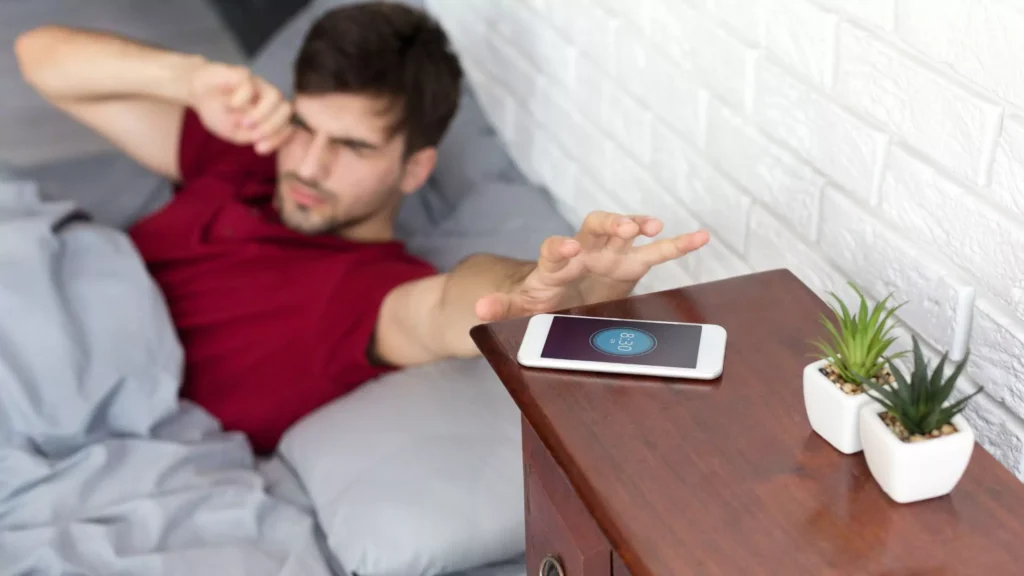The impact of screen time on mental health

Screens are everywhere we look, including where you are reading this article, due to rapid advances in technology, screens, and lighting have become so integrated into society that they are considered fundamental to everyday life. We are often unaware of their impact on people’s mental health and the impact of screen time on brain development and the body’s homeostasis.
Today you can do everything from your smartphone. You can watch your favorite movie, read a new book, buy new clothes (or a new wardrobe), or even order a carload of food and have it delivered to your door. Booking a vacation, enrolling in a university course, applying for a new job, or even booking an annual health check-up can be done at the touch of a button.
Technology not only provides material things but also connects us to other people through phone calls, emails, text messages, video chats, and social media apps. It’s not just smartphones either, most of us have multiple devices (tablets, laptops, smart TVs, artificial intelligence (AI) devices, and desktops) that we can access in almost every room or building we enter.
The consequences of screens on sleep
When it comes to sleep, screens are replacing other activities before bedtime. Blue light and strong light use reduce sleep quality, sounds disrupt circadian rhythms, and screens delay bedtime and wake-up time, causing daytime fatigue due to lack of quality sleep.
In addition, our dependence on digital devices has led to an ever-increasing amount of screen time per day, which subsequently contributes to several negative effects on physical, mental, and psychological health. Constant exposure to devices such as smartphones, computers, and televisions can have serious effects on mental health, increasing stress and anxiety, for example, and can cause various sleep problems in children as well as adults.
Moreover, exposure to light at night causes the brain’s master clock to perceive it as daytime, slowing down the secretion of melatonin, a hormone the brain secretes that aids sleep.

How screens cause mental health problems
Stress regulation is deeply influenced by screen time and digital consumption. Cortisol, a hormone that acts like a stress biomarker, is associated with increased screen time.
Insulin resistance, vision problems, headaches, eye strain, dry eyes, a passive lifestyle, depression, and suicidal behavior have all been linked to excessive media consumption; even FOMO (Fear of Missing Out) can lead to decreased mental stability.
Effects of excessive screen time use include depression, anxiety, and brain fog, as well as the inability to regulate media consumption, cyberbullying/harassment, and self-isolation.
In conclusion, regulating screen time is essential to promote mental health stability and recovery. Immediate access to screens and information has benefits, including increased psychosocial relationships, increased creativity, and increased overall well-being in adults.
However, the recommended daily screen consumption time is two hours; any more than that can lead to mental health problems. Apps and social media are designed to keep you glued to them. Use them with caution and be sure to turn off all lights and break up at least an hour before calling it a night.

